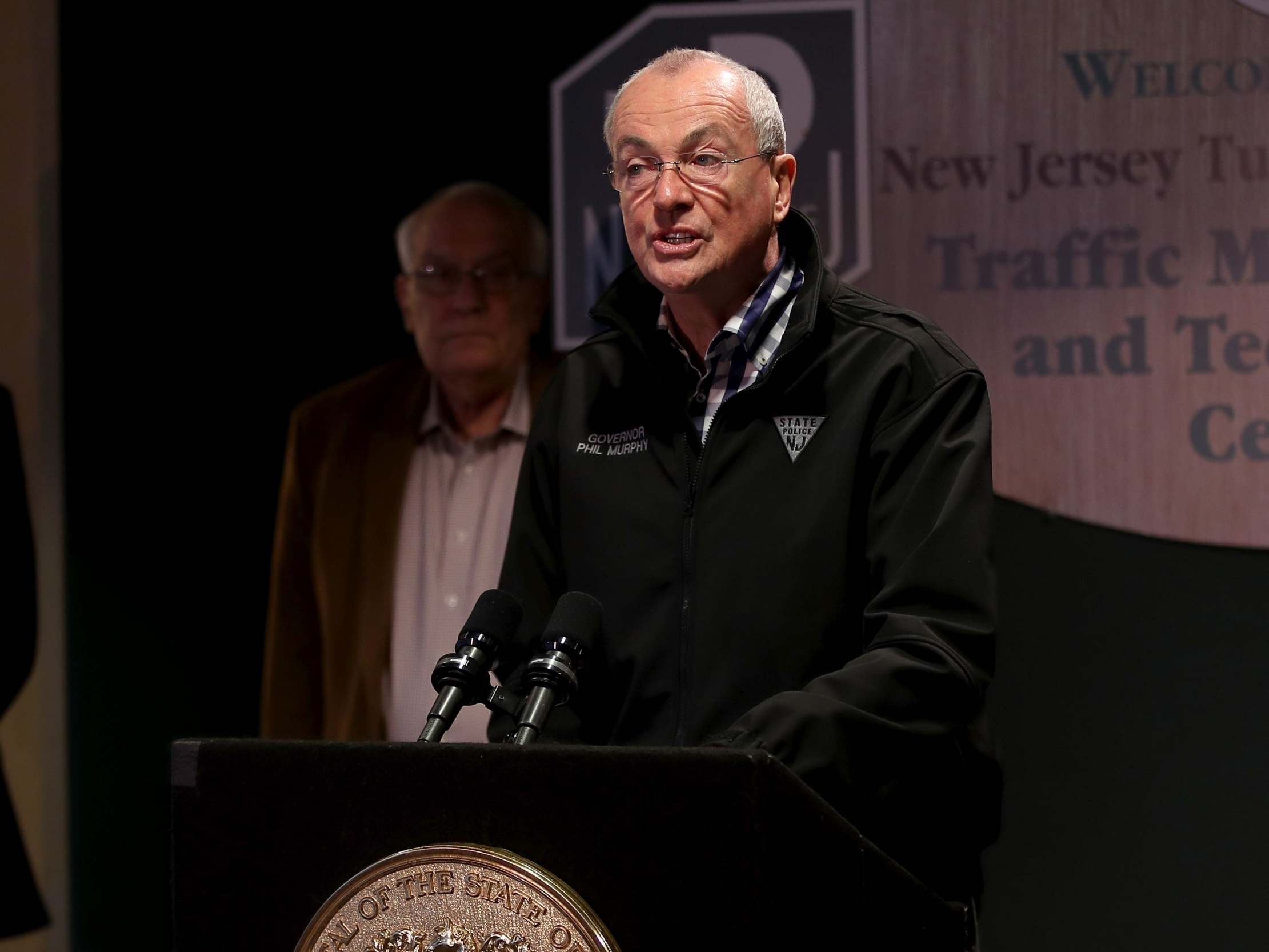Voting rights restored to 80,000 felons in state with 'highest racial prison disparity in US'
They can 'once again walk into a voting booth and have a say in our democracy'

The governor of New Jersey has signed a bill to restore voting rights to more than 80,000 felons who are out of prison, with supporters calling it a “huge step” towards inclusive democracy.
Phil Murphy signed the bill on Wednesday, giving the right to vote back to tens of thousands of people who are on probation or parole in the Garden State.
The signing comes hot on the heels of similar action in Kentucky, where newly-elected Democratic governor Andy Beshear signed an executive order just last week to return the right to vote to around 140,000 people with past criminal convictions — and after a wave of similar efforts across the country from Florida to Louisiana to New York.
Mr Murphy signed the law amid cheers, saying the bill ensures that people can “once again walk into a voting booth and have a say in our democracy” once they leave prison.
He continued: “These are residents who are living as full participants in their communities and yet have been needlessly prevented from having a voice in the future direction of their communities.”
Mr Murphy also signed a law allowing people with low-level drug and non-violent offences have their records expunged if they stay out of trouble for 10 years, calling that new policy one of the “most progressive expungement laws in the nation”.
The measure has been supported by criminal justice reform advocates, who note that New Jersey has the highest racial disparity in its state prison system of any state in the country.
According to a 2016 report from the Sentencing Project, for instance, there were 12 times as many African Americans in the prison system there than white people. At that that time, across the country, some 6.1 million Americans were forbidden from voting because of past criminal convictions, another report by that group found.
Daamin Durden, a worker with the Newark Community Street Team, was at the signing on Wednesday, and told NPR that he has reformed his life since his previous conviction.
“I felt hopelessly trapped,” Mr Durden said at the bill signing.
That has changed: “I’ve been able to reform my life and become the man that you see standing before you today. A whole and redeemed man, and full and free citizen and a hero to my son.”
Join our commenting forum
Join thought-provoking conversations, follow other Independent readers and see their replies
Comments
Bookmark popover
Removed from bookmarks